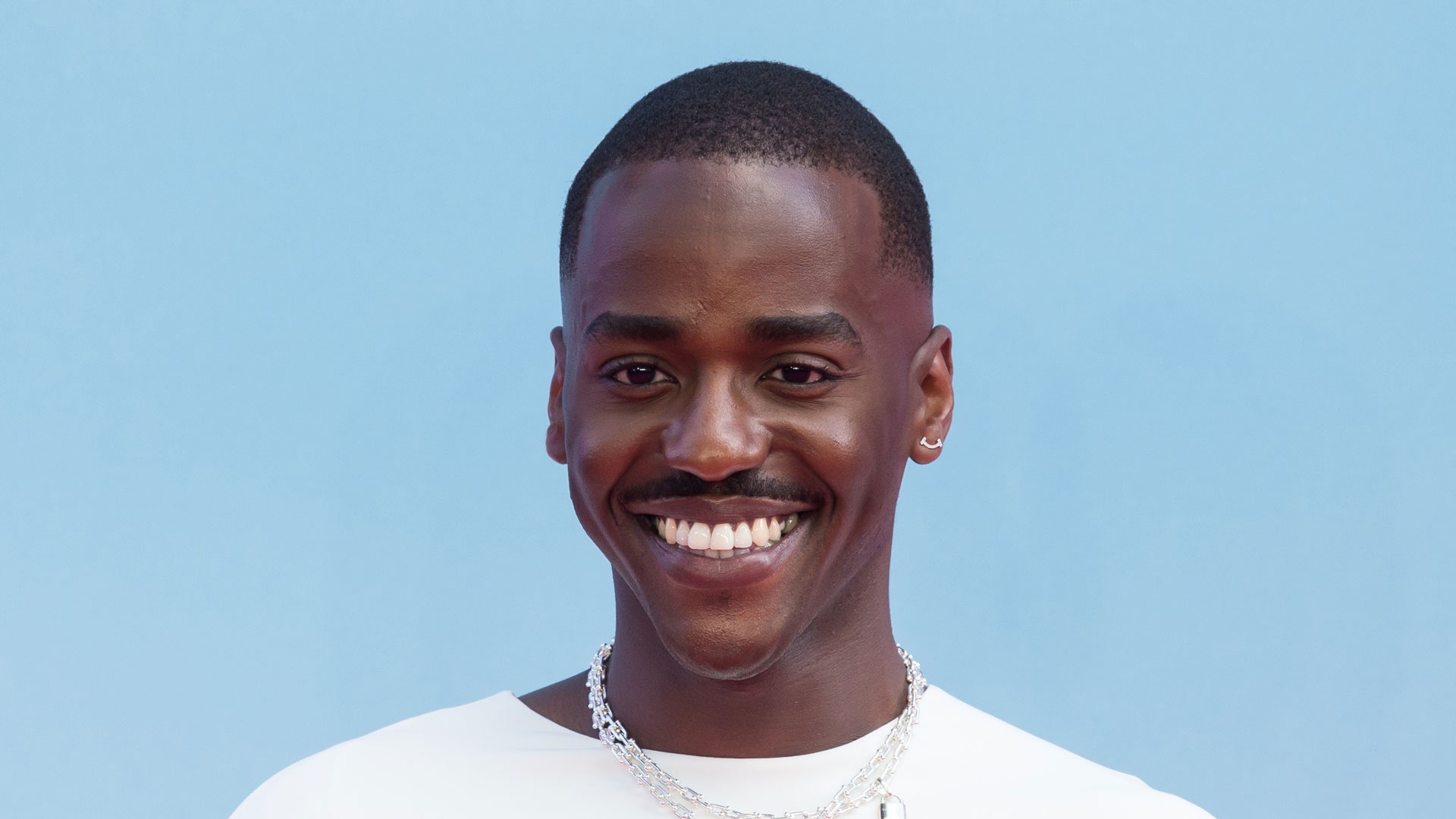Doctor Who star Ncuti Gatwa publicly described himself as queer for the first time in an August interview with Elle, but that doesn’t mean he was closeted. In a new British GQ profile, the 31-year-old actor opened up about his coming-of-age journey and his decision to let the public in.
As he explained to GQ, after growing up in small towns in Scotland, Gatwa was able to publicly explore his queerness upon moving to Glasgow to attend university at the Royal Conservatoire of Scotland. However, he also found himself forced to contend with being fetishized.
“I’ll never forget my first night out. I was in a white gay environment [and] as a Black man, I was deeply, deeply sexualized,” he said. “I couldn’t understand the toxicity of that… I wasn’t able to walk through this club without every inch of me being grabbed.”
Gatwa also recalled coming out to his Rwandan mother when he was 26, just before Sex Education premiered on Netflix in 2019. She simply responded: “OK,” Gatwa told the publication.
“What?!” he joked. “All this trauma for years. That’s your response?! We’re not gonna have a fight about it?”
While Gatwa played a gay teen on the show, he chose to keep his queerness out of the public eye, which he said “became a more complicated issue than I ever wanted it to be.”
“I’ve never been in the closet, you know,” he said. “I just never talked about it. The work I do is what’s important.”
In June, the actor sparked conversation when he posed for British Vogue’s Pride issue, despite not having officially “come out” as queer. In recent years, celebrities who don’t label themselves as LGBTQ+ but perhaps hint at gender nonconformity or non-heteronormativity in their lives are often subject to allegations of “queerbaiting.” That term originated to describe media in which non-heterosexual relationships or attraction are only implied to generate interest and LGBTQ+ viewership, without any intention of following through with meaningful representation. But that same rationale can’t be applied to real people, and can often pressure public figures into coming out before they’re ready (see: Heartstopper’s Kit Connor).
As for Gatwa, he saw his participation in the Pride issue as “a statement.”
“Not to come for anyone, but I was like, you know, two plus two equals four,” he added. “I can’t be louder about this.”
Nevertheless, he remembered being accused of “taking up space from an openly queer person.”
“If you think it’s that easy, I’m happy for you. That’s a very privileged position to be in,” Gatwa said. “To think that sexuality is easy, and talking about sexuality is so easy and existing with one’s sexuality is so easy. I’m glad you think it’s that easy, because the world isn’t like that.”
Get the best of what’s queer. Sign up for Them’s weekly newsletter here.


